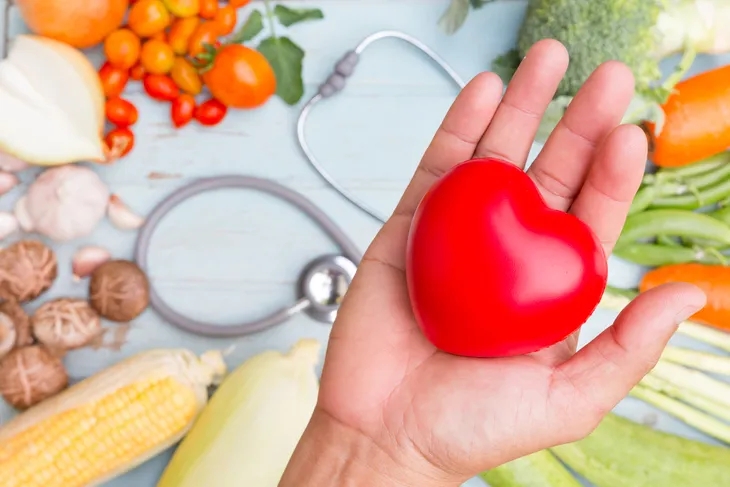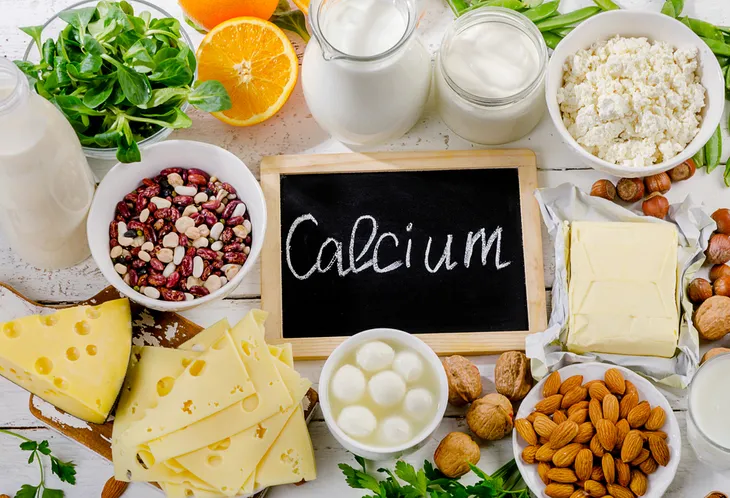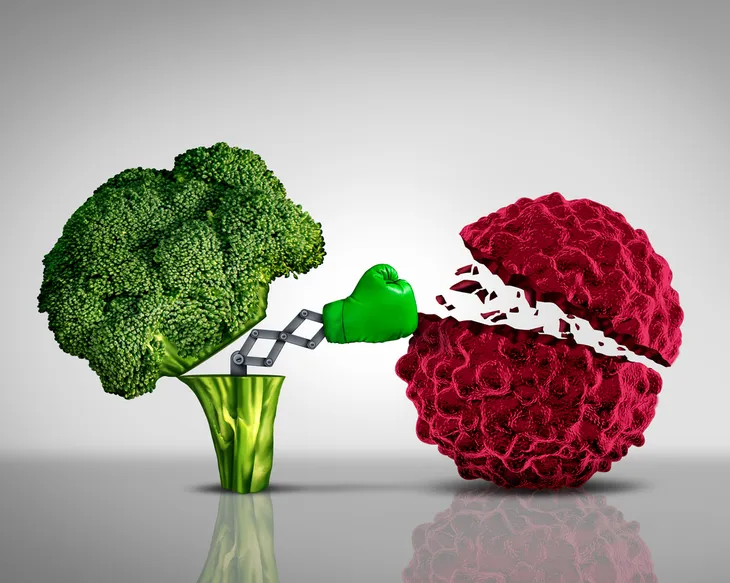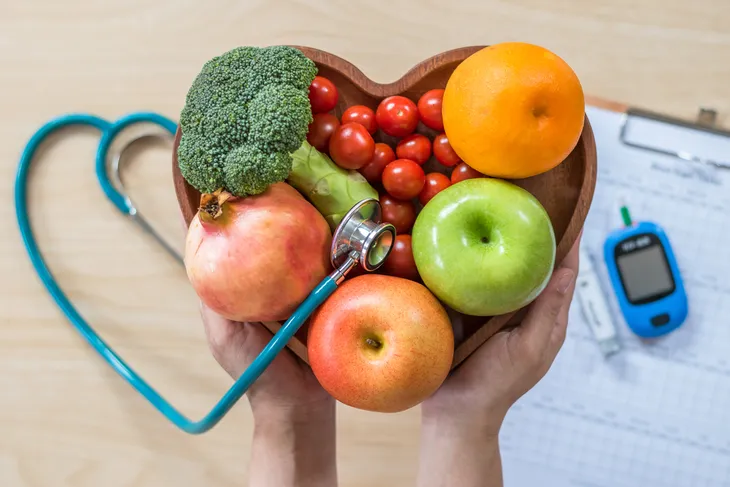Making the switch from eating meat to vegetarianism is a difficult one, particularly in families and communities where hunting and eating meat are seen as central to local culture. But for people who care a lot about what they eat and feel repulsed by the way meat is prepared, it’s a worthwhile journey. The question is, what are the pros and cons of making the switch to a vegetarian diet?
The good news is that starting a vegetarian diet can result in a healthier lifestyle that leaves one feeling mentally and physically better than before. But feeling and looking better isn’t predestined by any means — in fact, some people who make the switch to vegetarianism end up feeling much worse than before. That’s why it’s so important to replace meat with plant-based protein sources and avoid overindulging in sugar-laced treats.
Pro: Weight Loss Potential
It’s estimated that about one in 50 Americans currently follow a vegetarian diet. Many do this because they believe there’s great potential to lose weight and maintain a healthy body weight in being vegetarian. The sad truth is that this is only partly true.
What is true: cutting out meat has the potential to significantly reduce the amount of fat and calories that make their way into our bodies. But that’s only if we replace those lost calories with foods that will keep us full and give us the energy to push forward. In other words, it’s important to replace meat with plant-based proteins and lots of fruits and vegetables rather than sweet-tooth favorites like donuts, cookies, cake, etc. Failing to do so could actually leave one feeling tired and drained of energy, leaving them in a position where exercising seems nearly impossible. In that case, gaining weight may actually be the result of switching to a vegetarian diet.
Con: Not Getting Enough Nutrients
While vegetarians can cut out a lot of fat and calories by removing meat from their diets, they can also lose many of the important nutrients that are present in meat. Take B12, for example: found in high quantities in most meat products, it’s easy for vegetarians to miss out on. The challenge is even greater for vegans, who opt to exclude both eggs and dairy from their diets.
The good news is that vegans and vegetarians can get their B12 by taking a B12 supplement or searching out foods that have B12 added to them, such as bread and cereal (orange juice and soy milk can also have B12 and other nutrients added). For vegetarians, the key will be understanding which vitamins and minerals they’re missing out on by cutting meat from their diets and then finding and using the supplements required to replace them.
Pro: Avoiding Heart Disease
On the surface, vegetarians and vegans have the potential to seriously reduce their chances of developing high blood pressure and heart disease. That’s because they’re removing meat — which often contains high amounts of fat and calories — from their diets.
And research shows that a vegetarian or vegan diet that replaces meat with lots of fruits and vegetables can significantly reduce one’s chances of suffering heart-related problems, not just because of what they avoid consuming, but because of what they replace it with: potassium, fiber, and other important nutrients. The key, of course, is to avoid overindulging in meat-free treats, and there are many of these — from french fries and mashed potatoes to donuts, candy, chips, the list goes on.
Con: Lost Calcium
One of the casualties of ditching meat for a vegetarian or vegan diet is calcium, which is most often found in dairy products. Many vegetarians may continue to eat dairy foods like eggs and yogurt, but vegans often avoid these foods. The result can be insufficient calcium, which presents problems from a bone health perspective. The concern is even greater for women, who need lots of calcium in order to stave off osteoporosis.
The good news is that you can effectively replace that lost calcium with calcium supplements. There are also a few food products that add calcium, such as some cereals and fruit juices. It’s also worth noting that there are, in fact, some vegetables with calcium in them, including bok choy, broccoli, and kale. If you decide to go vegetarian or vegan, be sure to find ways to get these vegetables into your diet.
Pro: Emotional Satisfaction Boost
Many meat-eaters struggle to justify their frequent consumption of meat. After all, meat is costly from several different perspectives: it contributes to climate change and damages our environment, and it sends many different types of animals to the slaughterhouse. For anyone who professes to care about the environment or the treatment of animals, it can be difficult to reconcile the consumption of meat with their most cherished principles.
Cutting meat out of your diet can help one put these reservations behind them, giving them a sense of emotional satisfaction knowing that they’re no longer actively contributing to these issues in a negative way. That’s important.
Pro: Cancer Risk Reduced
Cut certain types of meat, such as those containing nitrates, from your diet and you can reduce your chances of getting cancer. Replace that meat with fruits and vegetables and you can further limit your risk of becoming sick in this way.
That said, it’s not as if meat eaters — even those people who eat lots of nitrate-laden meats like lunch meat and hot dogs — are destined to get cancer; at the same time, vegetarians and vegans can certainly acquire cancer, particularly if they’re exposed to other types of carcinogens or have a family history of cancer. But if you’d like to limit your chances of getting cancer — perhaps because a loved one or two fought the big C — then going vegetarian or vegan is a smart move.
Pro: Type 2 Diabetes Risk Reduced
Type 2 diabetes is one of the most serious health threats to North Americans right now. It’s particularly dangerous in the very young and elderly, who may already be exposed to lots of significant health hazards. Unlike type 1 diabetes, type 2 diabetes can emerge later in life rather than at birth. Typically, it’s the result of an unbalanced diet that lacks a sufficient amount of fruits, vegetables, whole grains and lean protein.
Eliminating high-fat meat products can go a long way towards reducing one’s chances of developing type 2 diabetes which, if not treated properly, can lead to serious health problems including blindness, loss of extremities, and even death. But it won’t do a lot to keep type 2 diabetes at bay if that meat is replaced with equally unhealthy foods like products heavy in processed sugar and saturated fat.
According to registered dietitian Julie Ching, most vegetarians actually consume more carbohydrates and high sugar foods due to not feeling satisfied. This in turn can actually increase a person’s likelihood of unwanted weight gain which in return increases their risk of developing type 2 diabetes.










